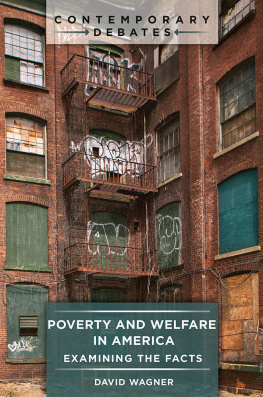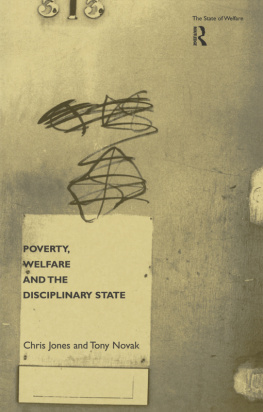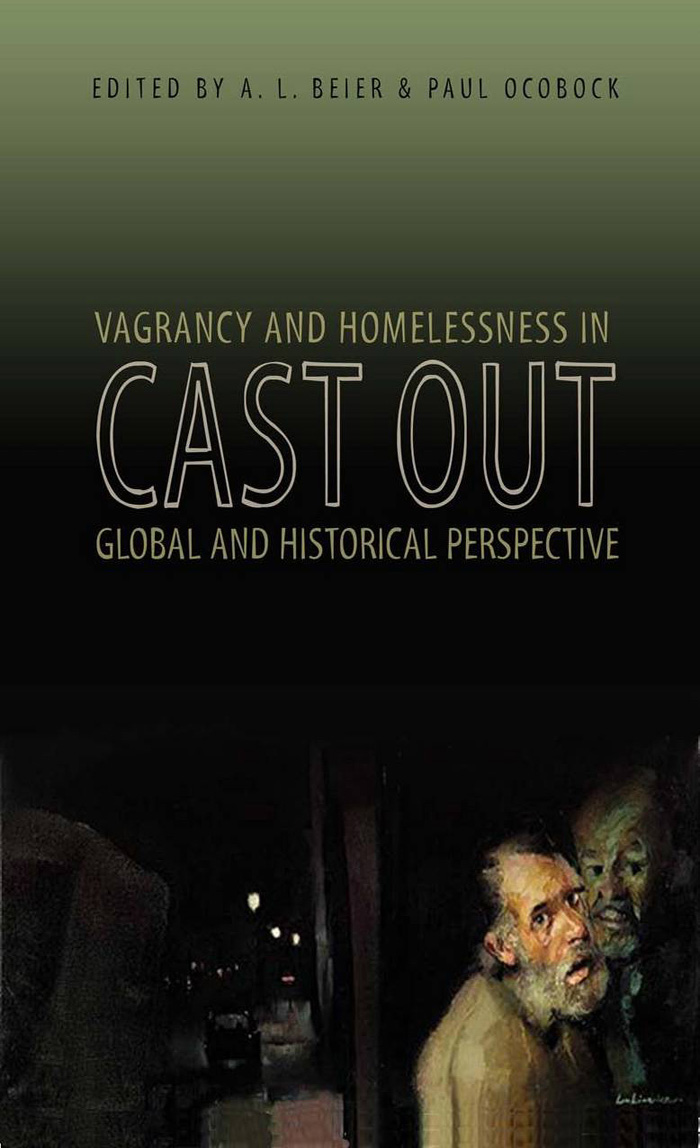Cast Out
This series of publications on Africa, Latin America, Southeast Asia, and Global and Comparative Studies is designed to present significant research, translation, and opinion to area specialists and to a wide community of persons interested in world affairs. The editor seeks manuscripts of quality on any subject and can usually make a decision regarding publication within three months of receipt of the original work. Production methods generally permit a work to appear within one year of acceptance. The editor works closely with authors to produce a high-quality book. The series appears in a paperback format and is distributed worldwide. For more information, contact the executive editor at Ohio University Press, 19 Circle Drive, The Ridges, Athens, Ohio 45701.
Executive editor: Gillian Berchowitz
AREA CONSULTANTS
Africa: Diane M. Ciekawy
Latin America: Brad Jokisch, Patrick Barr-Melej, and Rafael Obregon
Southeast Asia: William H. Frederick
The Ohio University Research in International Studies series is published for the Center for International Studies by Ohio University Press. The views expressed in individual volumes are those of the authors and should not be considered to represent the policies or beliefs of the Center for International Studies, Ohio University Press, or Ohio University.
Cast Out
VAGRANCY AND HOMELESSNESS IN
GLOBAL AND HISTORICAL PERSPECTIVE
Edited by
A. L. Beier and Paul Ocobock
Ohio University Research in International Studies
Global and Comparative Studies Series No. 8
Ohio University Press
Athens
2008 by the
Center for International Studies
Ohio University
www.ohioswallow.com
All rights reserved
To obtain permission to quote, reprint, or otherwise reproduce or distribute material
from Ohio University Press publications, please contact our rights and permissions
department at (740) 593-1154 or (740) 593-4536 (fax).
18 17 16 15 14 13 12 11 10 09 08 5 4 3 2 1
Printed in the United States of America
The books in the Ohio University Research in International Studies Series are printed
on acid-free paper 
Library of Congress Cataloging-in-Publication Data
Cast out : vagrancy and homelessness in global and historical perspective / edited by A. L. Beier and Paul Ocobock. 1st ed.
p. cm. (Ohio University research in international studies. Global and comparative studies series ; no. 8)
Includes bibliographical references and index.
ISBN 978-0-89680-262-9 (pbk.: alk. paper)
1. Homelessness. 2. Vagrancy. 3. Poverty. I. Beier, A. L. II. Ocobock, Paul R. (Paul Robert), 1980
HV4480.C37 2008
362.5dc22
2008027559
Contents
Paul Ocobock
A. L. Beier
Linda Woodbridge
A. L. Beier
David Arnold
Richard B. Allen
Thomas H. Holloway
Andrew A. Gentes
Vincent DiGirolamo
Frank Tobias Higbie
Andrew Burton and Paul Ocobock
Aminda M. Smith
Robert Gordon
Abby Margolis
Acknowledgments
First and foremost we thank the History Department at Princeton University for hosting the conference from which many of these papers were drawn. The conference was generously funded by the History Department as well as the Shelby Cullom Davis Center for Historical Studies and the Princeton Institute for International and Regional Studies. For their support in meeting royalty costs for the books cover, we thank the Department of History and the College of Arts and Sciences of Illinois State University and Ohio University Press. We also extend our gratitude to the contributors of this volume, who have been a pleasure to work with and have brought so many intriguing studies into a shared and sustained conversation. Finally, thanks to Gillian Berchowitz and the editors of Ohio University Press for their constant patience and help.
Introduction
Vagrancy and Homelessness in Global and Historical Perspective
Paul Ocobock
Vagrants, vagabonds, tramps, beggars, bums, mendicants, idlers, indigents, itinerants, the underclass, and the homelessall these names and legal categories seek to describe poor, unemployed, and highly mobile peoplepeople who form the focal point of this collection of essays. Vagrancy laws are unique; while most crimes are defined by actions, vagrancy laws make no specific action or inaction illegal. Rather the laws are based on personal condition, state of being, and social and economic status. Thus, vagrancy can mean and be many different things to many people, and therein lies its legal importance as a broad, overarching mechanism to control and punish a selective group of people.
Yet what are these qualities that arouse the suspicion of police and transform people into vagrants? Through history, those so labeled and arrested for vagrancy have often been poor, young, able-bodied, unemployed, rootless, and homeless. As the geography and heterogeneity of punishable social ills increased, more and more fell under the classification of vagrancy.
As a result, explaining what vagrancy means, who vagrants are, and why they attract the ire of the state, is fraught with difficulty. As this collection of essays attests, vagrants can be peasant farmers, literate ex-soldiers, famine victims, former slaves, beggars, political agitators, newsboys, migrant laborers, street people, squatters, and in some cases, those the state and the upper classes feared had breached social norms. Yet, the complicated nature of vagrancy and its connections to human labor, mobility, behavior, and status have made it a useful historical tool to scholars. Historians have used the concept of vagrancy to examine a vast array of processes, including the development and impact of the market economy, migration of labor, construction of modern states and imperial structures, formation of subcultures among the poor, rapidity of urbanization, and responses to poverty through charity, welfare, or prosecution. Since the 1960s, when the first historical work was conducted on vagrancy, the topic has remained divided by region and time period. Most histories of vagrancy have focused on European and American experiences from the medieval period to the twentieth century; after all vagrancy is a European invention. Even recent scholarship on vagrancy in Latin America, Africa, and the Middle East has focused on periods in which European notions of poverty and vagrancy law have been adopted through the imposition or influence of European law. In many ways, this collection of essays cannot escape the European experience. However, over half the chapters focus on regions outside Europe, and in each instance the authors seek to explore the ways in which vagrancy diverged from its European counterpart once introduced to the wider world. Furthermore, the collection attempts to bridge some of the geographic, temporal, and disciplinary divides that have discouraged a global history of vagrancy and homelessness. The purpose of juxtaposing these works is not to expose a uniformity of vagrancys form and function among nations and across centuries, but rather to explore the development of vagrancy (or lack thereof) as a common response to managing poverty, labor, and social norms, and how this strategy changed over time and adapted to regional peculiarities.
The contributions in this collection straddle seven centuries, five continents, and several academic disciplines. They delve deeper into the struggle of societies to understand and alleviate chronic poverty, whether through private charity, criminalization, institutionalization, or compulsory labor. Some chapters illustrate the power of vagrancy laws as coercive engines in punishment and exploitation; others highlight the utter failure of vagrancy policies at the hands of human agency, state incapacity, and persistent personal charity. Several of the chapters envision vagrancy as a lifestyle, by choice and circumstance, in which people define themselves by both opposing and appropriating cultural norms. The authors offer fresh perspectives on old historiographical debates or new research in fields that have yet to fully investigate vagrancy and homelessness.







